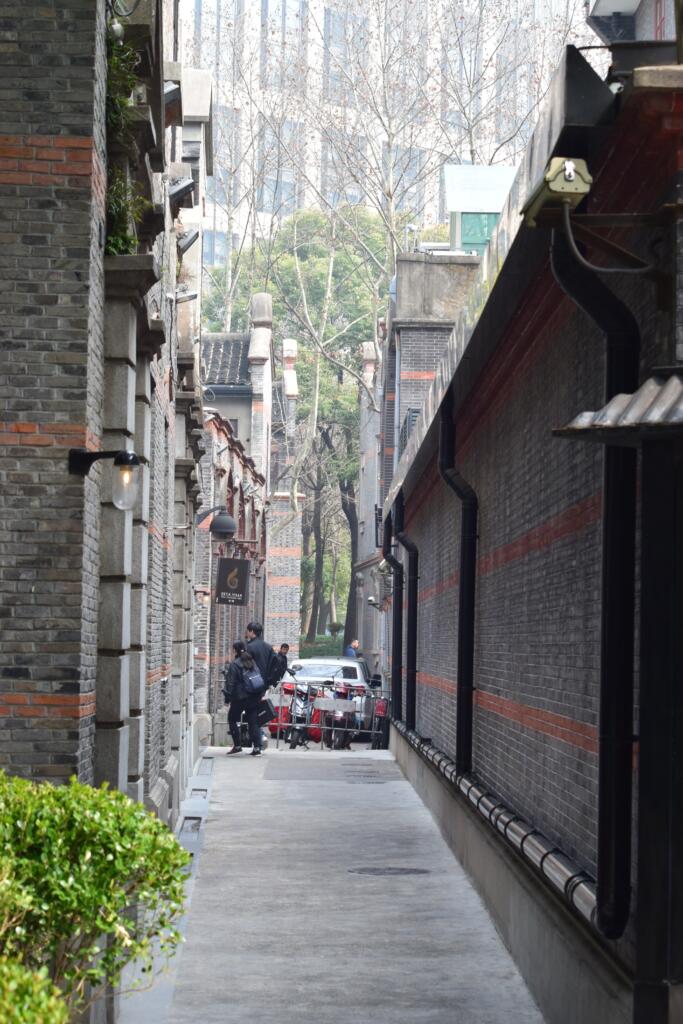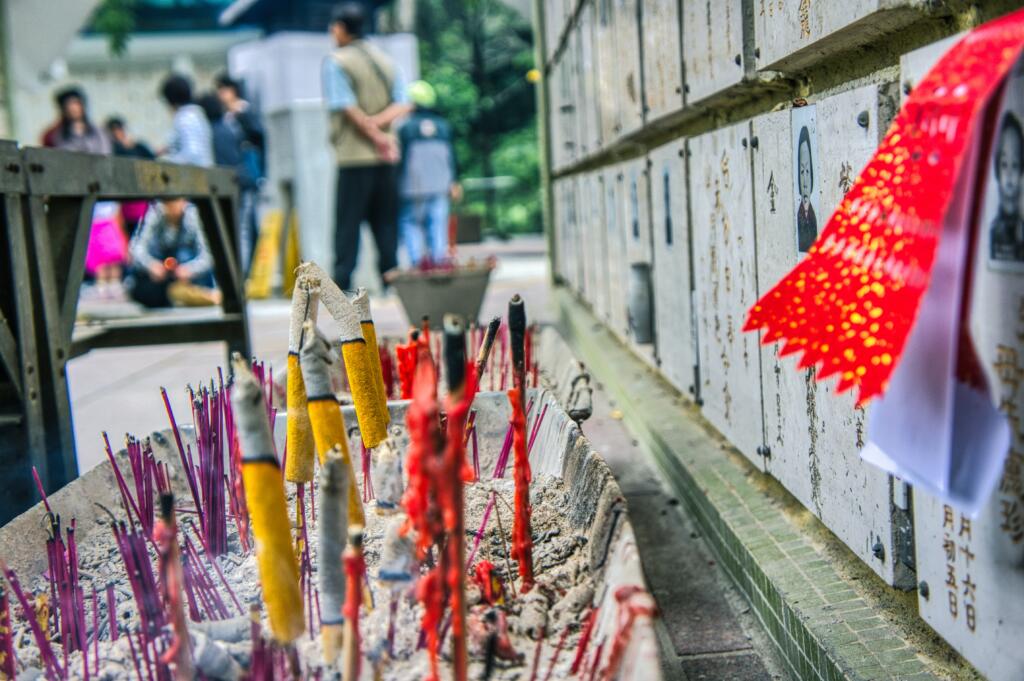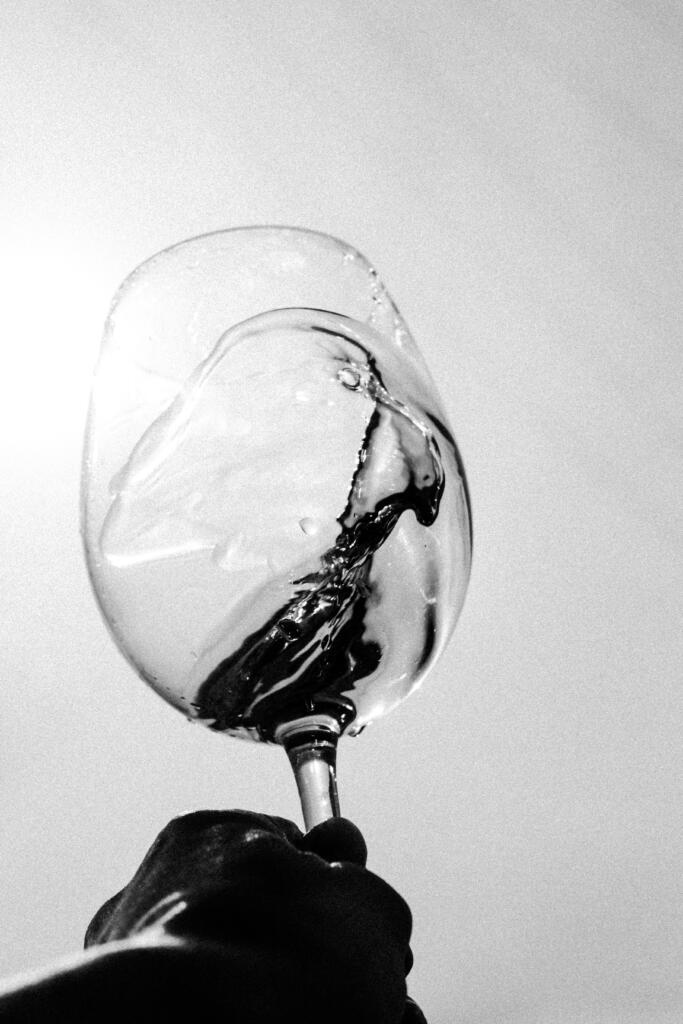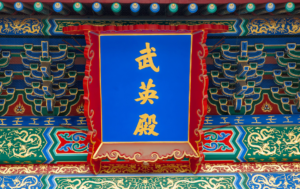
As a culture enthusiast, the rich and diverse traditions of different cultures around the world have always fascinated me. One such tradition that has captured my interest is the Qingming Festival or Tomb Sweeping Day. I have delved deep into the origins, customs, and practices of this festival. The good news is, I have put together a comprehensive guide to help you understand and appreciate the significance of this day.
Background to Qingming Festival

Qingming Festival, also known as Tomb Sweeping Day, is a traditional Chinese festival that falls on the 15th day after the Spring Equinox. It is a day when the Chinese people pay their respects to their ancestors. They do this by visiting and cleaning their graves. The festival has been observed for over 2,500 years and is considered one of the most important festivals in the Chinese calendar.
History and Origins of Qingming Festival or Tomb Sweeping Day
The origins of Qingming Festival can be traced back to the Zhou Dynasty (1046–256 BC). During this time, people would offer sacrifices to their ancestors as a way of showing their respect and gratitude. However, it was during the Tang Dynasty (618–907 AD) that the festival became an official holiday. Emperor Xuanzong declared that the day after the Spring Equinox would be a day to sweep tombs and offer sacrifices to ancestors.
Over time, the festival evolved to include other customs and practices. For example, people started flying kites, playing games, and eating traditional foods to celebrate the day. Today, Qingming Festival or Tomb Sweeping Day is a time for families to come together and honor their ancestors in their own special way.
Traditional Customs and Practices of Qingming Festival or Tomb Sweeping Day
The most important custom of Qingming Festival is tomb sweeping. Families will visit the graves of their ancestors and clean them. Thus, they remove any weeds or debris that may have accumulated over the year. They will also offer food, flowers, light candle (s) and offer other items as a sign of respect.
Another important custom is the burning of joss paper. This is a type of paper that is burned as an offering to the deceased. The belief is that the smoke from the burning paper will carry the offerings to the afterlife, where the deceased can use them.
Significance of Qingming Festival or Tomb Sweeping Day
Tomb Sweeping Day is an important day for the Chinese people. First, it is a day to honor the ancestors. Second, it is a day to show respect to the dead. The Chinese people believe that by visiting the graves of their ancestors and offering sacrifices, the living can help to ensure that their ancestors are at peace in the afterlife. Also, it is a way for families to come together and bond over their shared heritage and traditions.
Food and Drinks Associated with Qingming Festival
There are several traditional foods and drinks that are associated with Qingming Festival or Tomb Sweeping Day.
-
Qingming Cake
One of the most popular is Qingming cake. It is a sticky rice cake with various fillings, such as red bean paste, lotus seed paste, and meat. They use glutinous rice to make the cake. Chinese usually serve the cake with green tea. Per the Chinese belief, eating Qingming Cake during the festival can ward off evil spirits and bring good fortune.
-
Cold Rice Balls
Another popular dish is cold rice balls. It is made from glutinous rice. Traditionally, people serve cold rice balls with sweet bean paste.
-
Realgar Wine

In addition to food, there are also traditional drinks that are consumed during Qingming Festival. One of the most popular is realgar wine. They use fermented rice to make the wine. Interestingly, it is believed that the wine repels insects and snakes.
-
Chrysanthemum Tea
Another popular drink is chrysanthemum tea. They make the tea from dried chrysanthemum flowers which have medicinal properties.
Traditional Activities During Qingming Festival
In addition to tomb sweeping and offering sacrifices, there are several traditional activities that are associated with Qingming Festival.
-
Flying of Kites
Flying kites is one of the most popular activities on Qingming Festival or Tomb Sweeping Day. People will fly kites in the shape of animals or other objects. The significance is that the higher the kite flies, the more luck and fortune the family will have in the coming year.
-
Chinese Chess or Mahjong
Another popular activity is playing games, such as Chinese chess or mahjong. These games are a way for families to bond and have fun together.
-
Take a Walk
Finally, some families will take a walk in the countryside to enjoy the beauty of nature and the spring weather.
Recommended articles:
Best Ways Foreign Students Can Celebrate Chinese New Year
Studying in Shenzhen: A Guide for International Students
Study Abroad: A Comprehensive Guide
How Qingming Festival is Celebrated Around the World
While Qingming Festival is primarily a Chinese holiday, other countries with large Chinese populations also observe it. For example, in Taiwan, people will visit their ancestors’ graves and offer sacrifices, just like in China. In Singapore, there are public Qingming ceremonies held at cemeteries. And in Malaysia, people will leave offerings at Buddhist temples.
Modern-Day Observance of Qingming Festival
In modern times, the observance of Qingming Festival has changed somewhat. While tomb sweeping and offering sacrifices are still important, many people now choose to do this in a more modern way. For example, some families will clean their ancestors’ graves using a vacuum cleaner instead of a broom. Others will offer virtual sacrifices using online platforms.
It is worthy of note that, some people hold picnics in the cemetery during this period. Some benevolent families also give donations to charity organizations in memory of their loved ones.
Despite these changes, the spirit of the festival remains the same. It is still a time for families to come together and honor their ancestors. And it is still a way for the Chinese people to celebrate their rich cultural heritage.
Etiquette for Foreigners During Qingming Festival or Tomb Sweeping Day
If you are a foreigner in China during Qingming Festival, it is important to be respectful of the customs and traditions. Avoid wearing bright colors, as they are inappropriate for the solemn occasion.
You should also refrain from taking selfies or making loud noises in the cemetery.
If you are visiting the grave of someone you didn’t know, it is best to leave a flower or light incense as a sign of respect.
Famous Poems and Literature Related to Qingming Festival
Over the years, many famous poets and writers have written about Qingming Festival in their works. One of the most famous is the poem “Qingming” by Du Mu, a Tang Dynasty poet. The poem describes the beauty of spring and the sadness of parting with loved ones. Another famous work is “The Peach Blossom Spring” by Tao Yuanming, which tells the story of a utopian society hidden away in a remote valley.
In summary
Qingming Festival is a day for families to come together, to remember those who have passed on, and to look forward to a brighter future. Whether we choose to observe the festival in a traditional way or in a more modern way, the spirit of the day remains the same. Let us take this opportunity to reflect on our past, celebrate our present, and look forward to a brighter future.
I hope you enjoyed reading it.
If you have any thoughts or comments, please feel free to share them with me in the comments section below.










